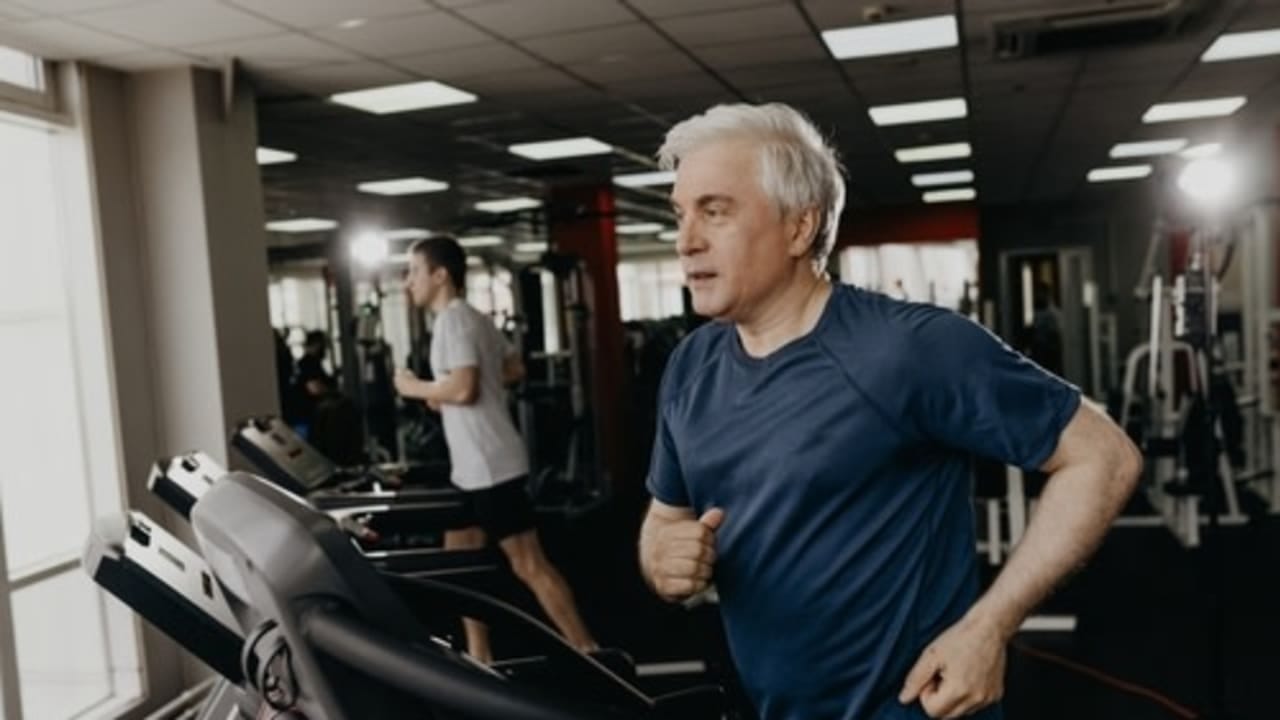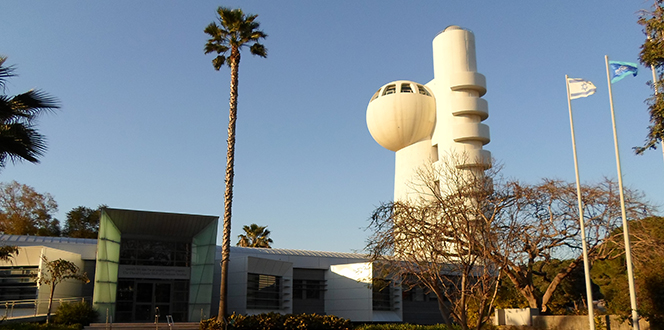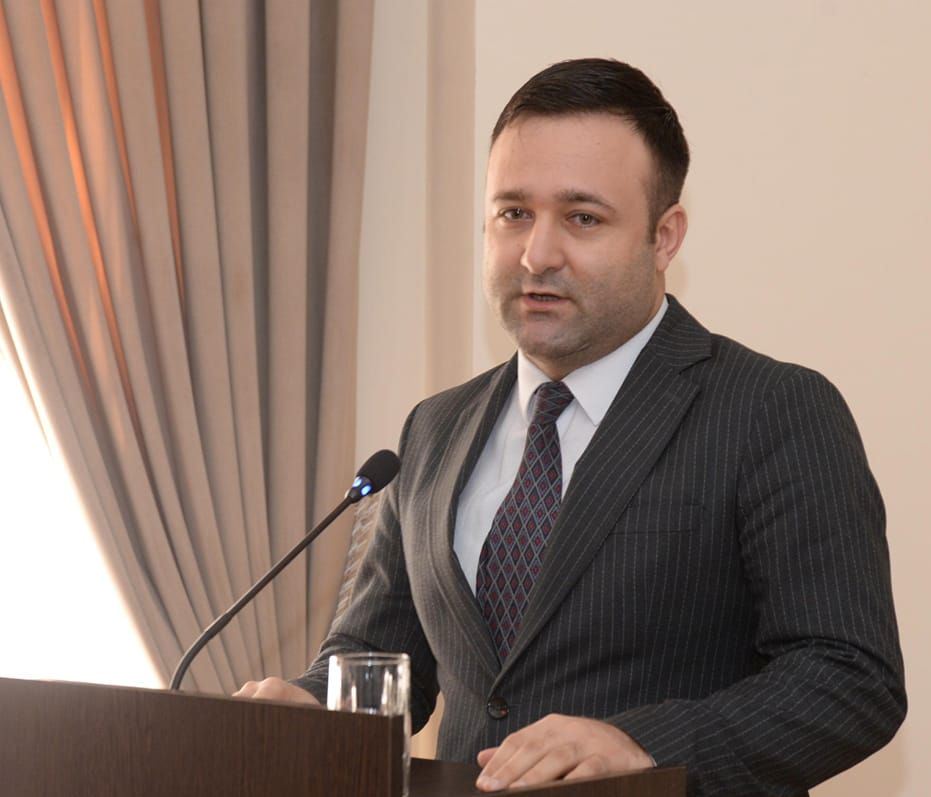Jerusalem Post/Health & Wellness
ByDORON KUPERSTEIN
A large-scale American study reveals that physical activity in midlife and in old age reduces the risk of dementia by 45% – even among carriers of the gene that increases the risk for Alzheimer’s.
Despite decades of research, one of the biggest questions in the field of brain health has remained open: Does physical activity at any age affect the risk of dementia – or is it only activity at a young age that makes the difference?
A new and groundbreaking study from Framingham (Framingham Heart Study), one of the longest and most important studies in medicine, now provides a clear answer: Physical activity at age 45 and above significantly reduces the risk of dementia – even among those with high genetic risk.
The study, published this week, examined data from 4,290 participants over a period of decades, from young adulthood to old age. It is one of the first studies to examine not only whether physical activity has an effect, but at what age it has the greatest effect, and what happens among those who carry the dementia-risk gene.
A 41–45 percent reduction in dementia risk
During the follow-up period, 567 participants (13.2%) developed dementia – a relatively high rate compared to other studies. The statistical analysis revealed a sharp and clear pattern: Those who maintained physical activity in midlife (45–64) and at age 65+ had a 41–45% lower risk of developing dementia compared to those who were not active at all.
The research team also controlled for the effects of age, education, high blood pressure, diabetes, and other risk factors – and the result remained the same.
In contrast, physical activity at a young age (26–44) was not found to be significantly associated with reduced risk. The conclusion: It is never too late to start protecting the brain.
Those who carry the “Alzheimer’s gene” may actually benefit in old age
The APOE ε4 risk gene is considered one of the strongest genetic factors for dementia. But the study reveals a more complex picture:
• In midlife: Physical activity reduced the risk only among those who did not carry the gene
• In older age: Physical activity reduced the risk among both carriers and non-carriers
In other words, even if a person is at high genetic risk, physical activity at age 65 and above still protects their brain.This is one of the most important findings in recent years: Genetics is not destiny – physical activity still changes the picture.
Why does physical activity protect the brain?
The study does not address the mechanism, but science already knows how to explain part of the effects:
• Activity increases blood flow and oxygen to the brain
• Improves flexibility and connectivity between nerve cells (neuroplasticity)
• Reduces chronic inflammation – a central factor in the development of dementia
• Supports vascular health, which is essential for a healthy brain
• Reduces diabetes, high blood pressure, and obesity – all of which increase dementia risk
Bottom line: Physical activity nourishes the brain like a natural medicine.
The researchers note several limitations:
• Activity levels were based on self-reporting, which may be inaccurate
• It is not known which types of activity have the greatest impact – walking, aerobic exercise, or strength training
• The findings are based on a mostly white American population, limiting generalization to diverse populations
• At younger ages, the number of dementia cases is small, making it difficult to draw sharp conclusions
Despite this, the researchers stress that the strength, scope of the data, and long-term follow-up make the findings reliable and highly meaningful for public health policy.
The clear message to the public: Start moving – your brain will thank you
You don’t have to be an athlete. Even moderate activity such as brisk walking, swimming, cycling, or even climbing stairs has an effect.
And the most important thing: The age at which you start ranges from “excellent” to “still worthwhile.” It is never too late to start moving.


















